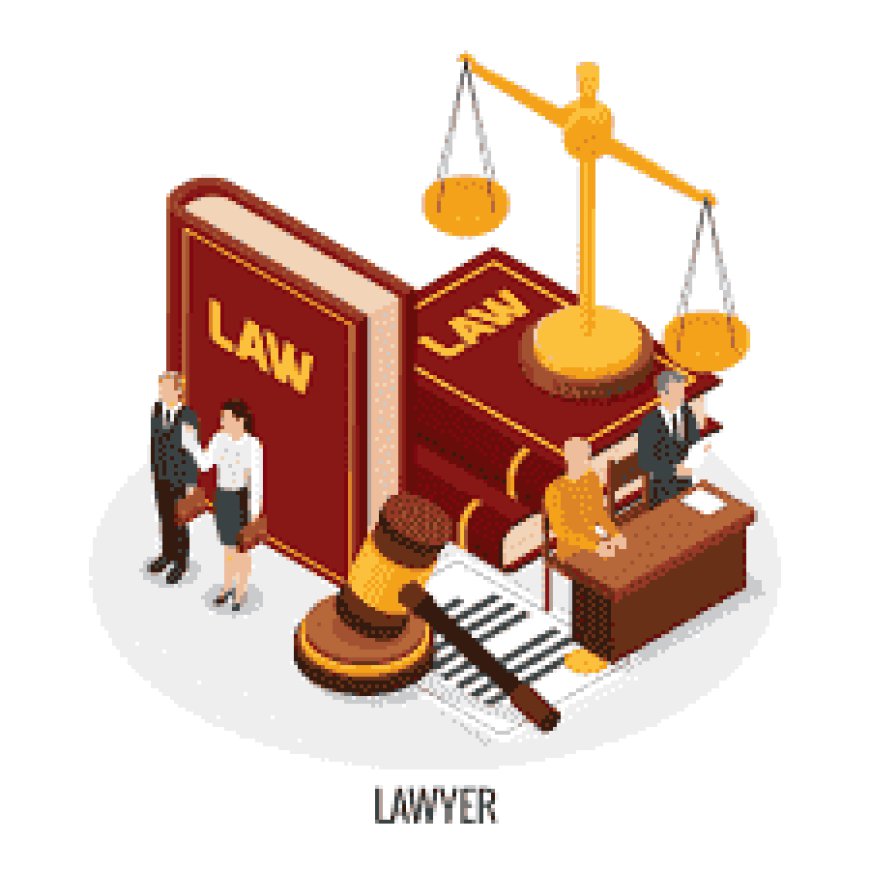Can a Fairfax robbery lawyer assist with reducing the charges to a lesser offense?

Introduction
Being charged with robbery in Fairfax, Virginia, is a serious criminal matter that can result in severe legal consequences, including lengthy prison sentences, substantial fines, and a permanent criminal record. Robbery is considered a violent crime, and in Virginia, it involves the use of force, threat of force, or intimidation to take property from another person. However, individuals charged with robbery may not face the full extent of these consequences if they seek skilled legal representation. A Fairfax robbery lawyer plays a crucial role in analyzing the case and exploring possible defenses or strategies to reduce the charges to a lesser offense. In this article, we will explore how a Fairfax robbery lawyer can assist clients in reducing robbery charges and securing a more favorable outcome.
1. Understanding the Robbery Charge and Lesser Offenses
In Virginia, robbery is defined as the taking of property from another person through the use of force, intimidation, or threats. It is considered a felony offense and is typically punishable by a minimum of five years in prison, with a maximum sentence of life in prison, depending on the circumstances. Additionally, a conviction can result in hefty fines and a permanent criminal record.
However, robbery charges are not always set in stone. Depending on the facts of the case and the lawyer’s skill in presenting an effective defense, it may be possible to have the charges reduced to a lesser offense. Lesser offenses can carry significantly reduced penalties and may allow the defendant to avoid a lengthy prison sentence.
A Fairfax robbery lawyer can help determine whether the circumstances of the alleged robbery might justify reducing the charge to a theft charge. For example, if there was no use of force or intimidation in the commission of the crime, the lawyer may argue that the charge should be lowered to larceny, which typically carries less severe penalties.
2. Plea Bargaining and Negotiation
One of the primary ways a Fairfax robbery lawyer can assist in reducing robbery charges is through plea bargaining or negotiation. In Virginia, as in most jurisdictions, plea bargaining is a common practice where the defendant agrees to plead guilty to a lesser offense in exchange for a reduction in the severity of the charges or a more lenient sentence.
Plea bargaining is often used when the evidence against the defendant is strong, and the likelihood of a conviction is high. By agreeing to plead guilty to a lesser charge, the defendant may receive a reduced sentence, potentially avoiding a lengthy prison term.
A Fairfax robbery lawyer can assess the strength of the prosecution’s case, identify weaknesses, and use this information to negotiate with the prosecution. This can result in charges being reduced or a more favorable sentence in exchange for a guilty plea to a lesser offense.
3. Defending Against Aggravating Factors
There are some aggravating circumstances that might make the charges and possible punishments more severe in robbery situations.For instance, if a weapon was used during the robbery or if the victim was injured, the defendant could face enhanced penalties. However, a Fairfax robbery lawyer may be able to challenge these aggravating factors and reduce the charges accordingly.
For example, if the defendant is charged with armed robbery, which involves the use of a weapon or the threat of a weapon, the lawyer may argue that there was no actual weapon involved, or that the defendant never used the weapon to threaten the victim.
By carefully scrutinizing the facts of the case and challenging the presence of aggravating factors, a robbery lawyer can work to reduce the charges and secure a more favorable outcome for the defendant.
4. Identifying Possible Defenses
In addition to negotiating a reduced charge, a Fairfax robbery lawyer can help identify potential defenses that may lead to a reduction in charges or a dismissal of the case. There are several defenses that could be applicable in a robbery case, including:
Mistaken Identity: If the defendant was not the person who committed the robbery, the lawyer may argue that the defendant was misidentified by the victim or witnesses.
Lack of Intent: For a robbery conviction, the prosecution must prove that the defendant had the intent to steal and used force or intimidation to do so. If the defendant did not intend to commit robbery, the lawyer may argue that the charge should be reduced to a lesser offense, such as theft or a non-violent crime.
Coercion or Duress: If the defendant was forced to participate in the robbery under threat or duress, the lawyer may use this defense to mitigate the charges.
By thoroughly investigating the case and gathering evidence to support these defenses, a robbery lawyer can increase the chances of having the charges reduced.
5. Exploring Sentencing Alternatives
Even if a defendant is convicted of robbery, a Fairfax robbery lawyer can explore sentencing alternatives that may reduce the consequences of a conviction. For example, a lawyer may advocate for probation, diversion programs, or rehabilitation options instead of a lengthy prison sentence. In some cases, the defendant may qualify for alternatives to incarceration, especially if they have no prior criminal history or if the offense was relatively minor in nature.
Conclusion
A robbery charge in Fairfax, Virginia, is a serious matter that can have lifelong consequences. However, a skilled Fairfax robbery lawyer can play a vital role in reducing the charges to a lesser offense, minimizing penalties, and working toward a more favorable outcome. Through effective plea bargaining, identifying potential defenses, challenging aggravating factors, and exploring alternative sentencing options, a lawyer can help secure a better future for the defendant. If you are facing robbery charges in Fairfax, seeking the assistance of an experienced criminal defense lawyer is essential to ensure that your rights are protected and to maximize your chances of achieving a favorable resolution.

 jackmathue41
jackmathue41